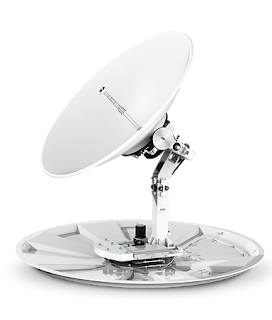How Cybersecurity Enhances Marine Environmental Monitoring and Reporting?

As the oceans face increasing challenges, monitoring their health has become more essential than ever. Digital tools are now widely used to track environmental changes, gather crucial data, and inform conservation efforts. However, with this reliance on technology comes the risk of cyber threats. Ensuring the security of these monitoring systems is critical not only to protect sensitive data but also to maintain the accuracy and effectiveness of environmental reporting. As a result, cybersecurity has become an integral part of safeguarding the data and infrastructure that support ocean conservation efforts, ensuring that vital information remains reliable and accessible. One of the primary ways cybersecurity enhances Marine Environmental Monitoring and Reporting is by ensuring data integrity. As environmental data is gathered in real-time through sensors and remote systems, it’s critical that the data remains accurate. Cybersecurity safeguards this information from tampering or unauth...



.jpg)

